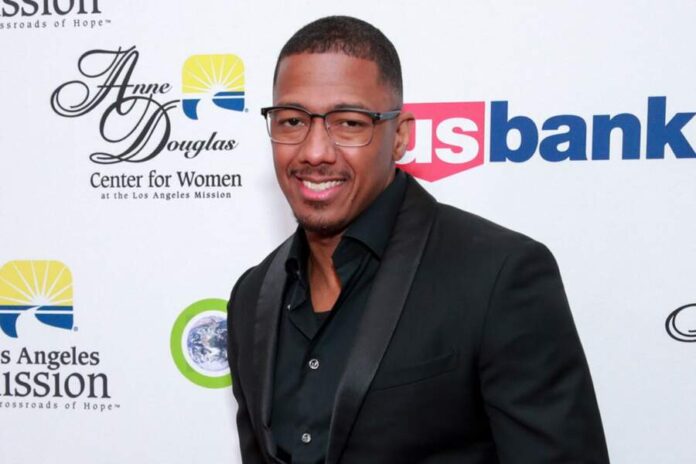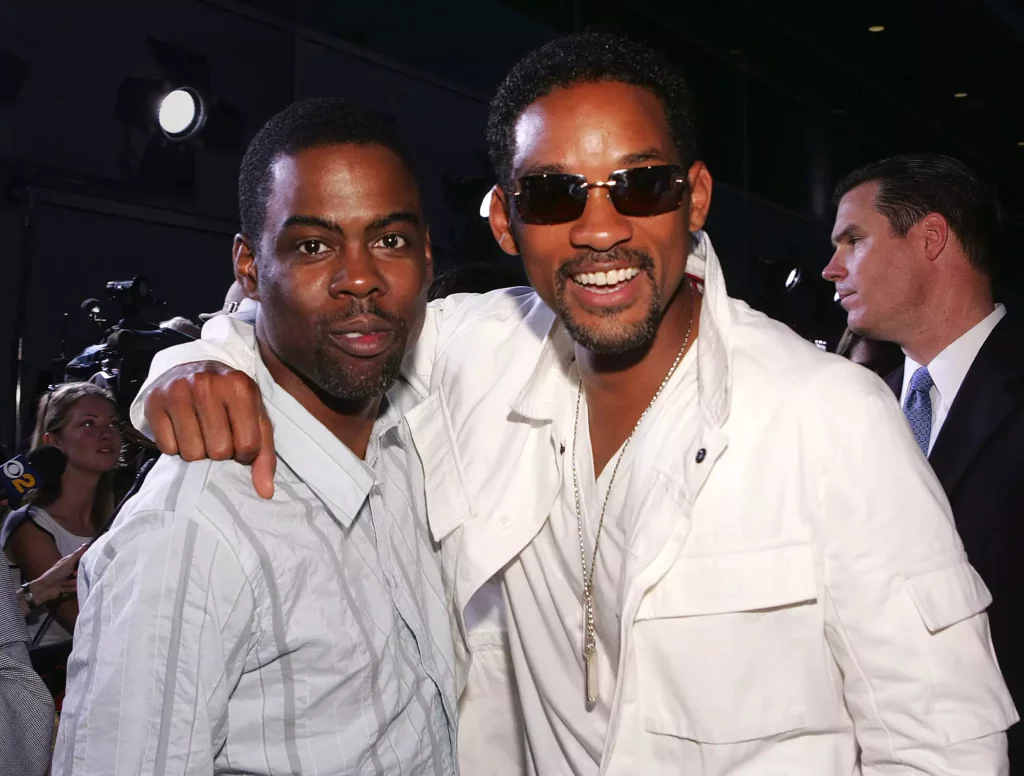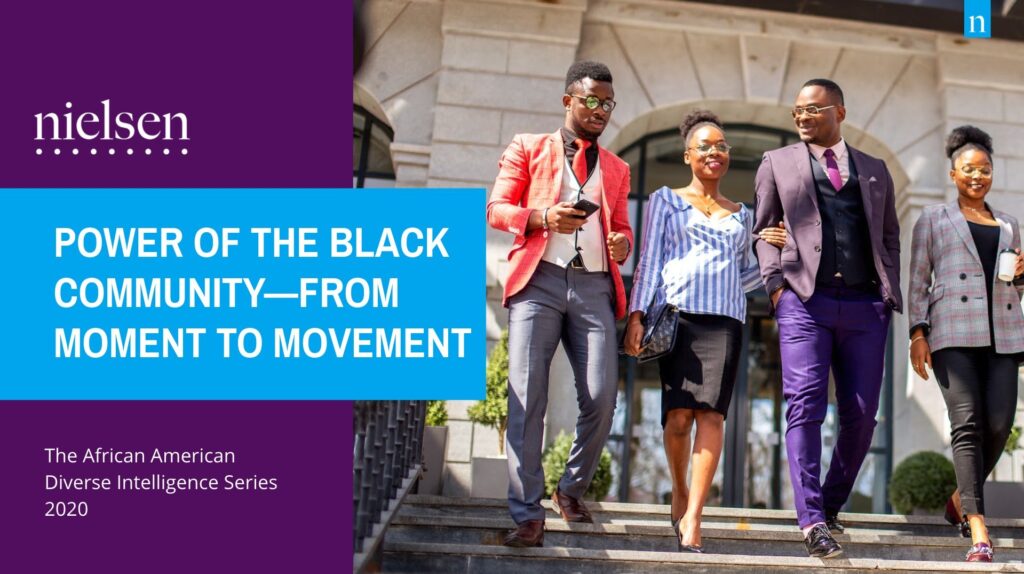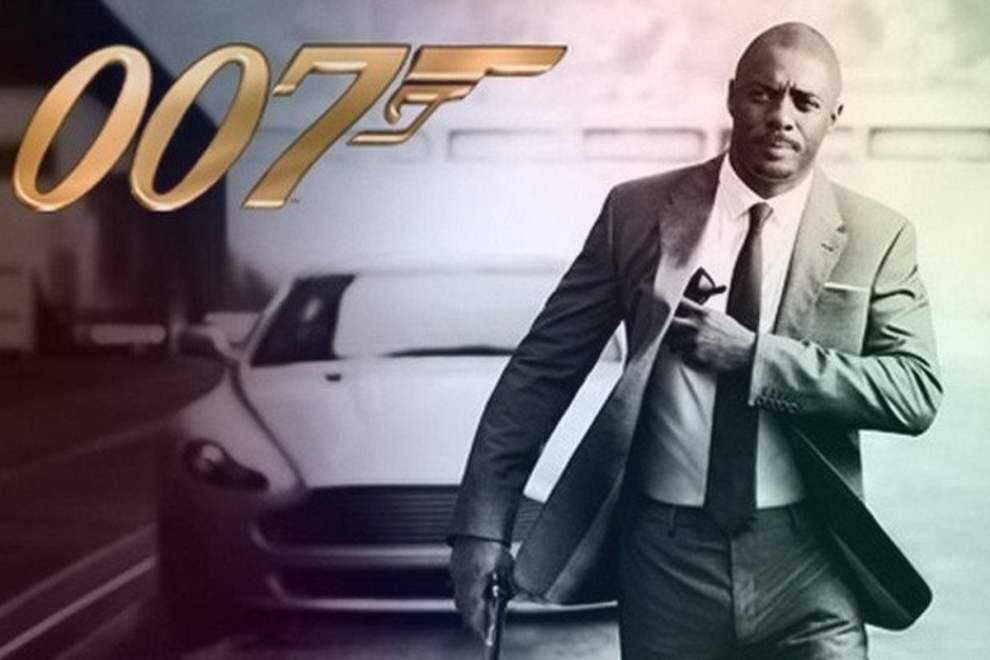Nick Cannon and Skyview Parting Ways

By Radio Ink Nick Cannon took over mornings at Meruelo Media’s Power 106 in June of 2019. He then partnered with Skyview Networks to launch into syndication in early 2020. A report out Wednesday, confirmed by Skyview, states that the show has come to an end. Radio Insight was the first to report the confirmation from […]
Growing Consumer and Business Interest in the Metaverse Expected to Fuel Trillion Dollar Opportunity for Commerce, Accenture Finds

Consumers eager to become active users of the metaverse and show high interest in problem-solving experiences related to fitness, retail, healthcare, travel and media Growing consumer and business interest in the metaverse as a creator economy and tool to enhance day-to-day tasks is expected to fuel a $1 trillion commerce opportunity by the end of […]
Nutley Little Theatre Readers’ Theatre Presents ‘Our Lady of 121st Street’

This character-driven, dark comedy revolves around the death of Sister Rose, a nun who was much loved by an uptown neighborhood’s residents. As the play begins, we discover that Sister Rose’s body has disappeared; the funeral room where the empty casket sits is closed off as a crime scene and the mourners are forced to […]
Team Will Or Team Chris: Where Do You Stand?

Social media and real-life conversations have been on fire debating “who was to blame” for what occurred at the 94th Academy Awards. No matter where I was on Monday, the doctor’s office, or my first Monday morning call, Will Smith striking Chris Rock on stage was all anyone could talk about. However, I invite us […]
8 tips to follow if you’re trapped in a crushing crowd

Provided By: NPR & BILL CHAPPELL When does a crowd become dangerous? Should you push back in a crush of people? Those are some of the questions you might be asking yourself after eight people died and more were hurt during a Travis Scott performance at the Astroworld Festival in Houston. The tragedy put a spotlight on […]
Nielsen: African Americans Consume More Media

By Radio Ink -October 27, 2021 New data shows African Americans spend more time consuming media than any other group, yet there continues to be a lack of representation of the collective Black community. Nielsen’s 2021 African American Consumer Report explores the influence of Black Culture on content and media trends. “As the media industry looks to be more […]
Who “Can” Be the Next 007?

Daniel Craig recently has both stirred and shaken headlines when he offered this response to whether a woman should next sit behind the Aston Martin’s steering wheel: “There should simply be better parts for women and actors of color. Why should a woman play James Bond when there should be a part just as good as […]

